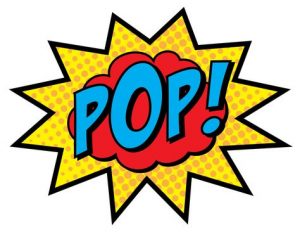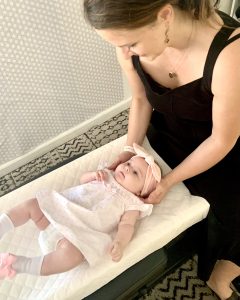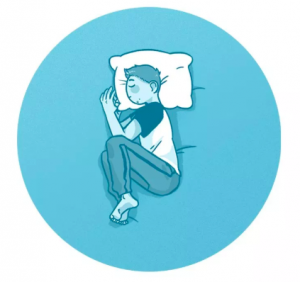
A brand new gene therapy has been recently approved by the FDA to treat B-cell acute lymphoblastic leukemia (ALL). ALL is the most common leukemia that affects children and teens. After 6 months of treatment, 89% chance of patients survived, and 79% of patients survived at least one a year– most relapse-free at that point. About 80% of children respond to first-line chemotherapy (drugs, chemotherapy, and radiation), however, if patients relapse, subsequent interventions are significantly less effective.
How does Kymriah work?
Chimeric antigen receptor T-cell therapy (CAR-T), uses a virus to reengineer the patient’s own immune cells to attack cancer cells. It gives the immune cells the ability to recognize and kill the source of the cancer.


What could be some issues with Kymriah?
- Side effects: Cytokine release syndrome (CRS), a life-threatening side effect that can cause blood pressure to drop dangerously low triggered by overactive immune cells.
- Limited treatment centers: There are plans for an initial network of 20 treatment centers with hopes to expand to 32 centers in the near future. It is fairly difficult to become certified in Kyriah therapy due to the difficulty in administering the actual treatment, as well as recognizing potentially hazardous neurological issues that could potentially arise from the treatment.
- Price: Kymriah has a $475,000 price tag; however, patients who do not respond within a month of treatment will not be charged.





